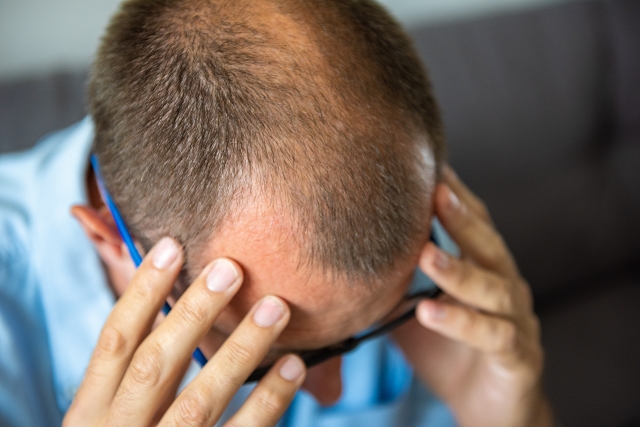
Which vitamin deficiency leads to hair loss
Are you thinking about going abroad for cheaper and effective hair transplant treatments?
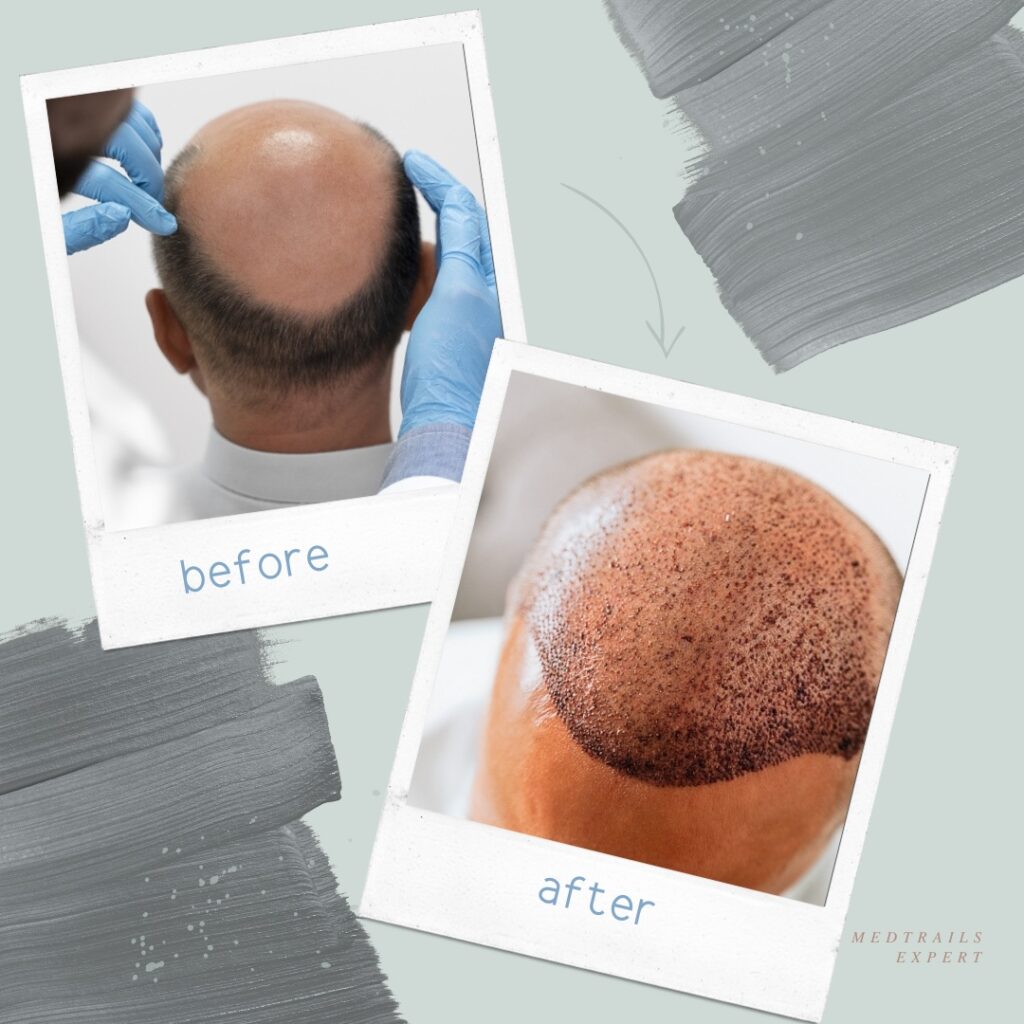
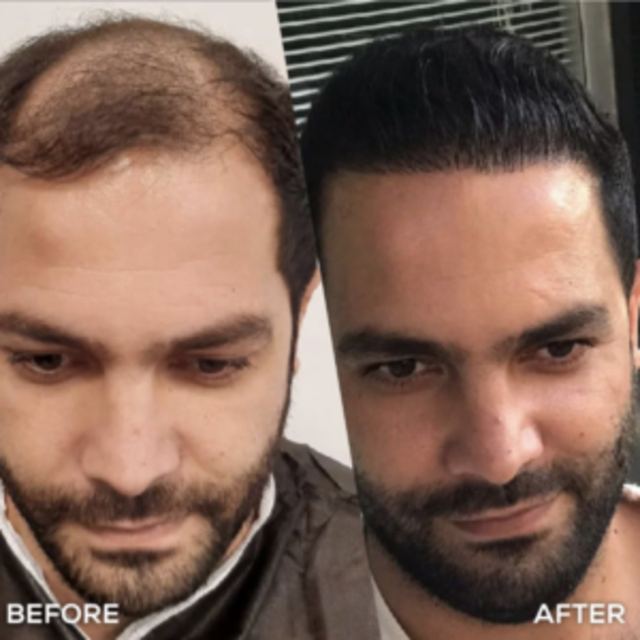

The health of your hair follicles and hair growth cycle can be influenced by the vitamins and minerals you consume. However, the relationship between vitamin intake and hair loss is highly intricate.
Hair Loss as a result of vitamins deficiency
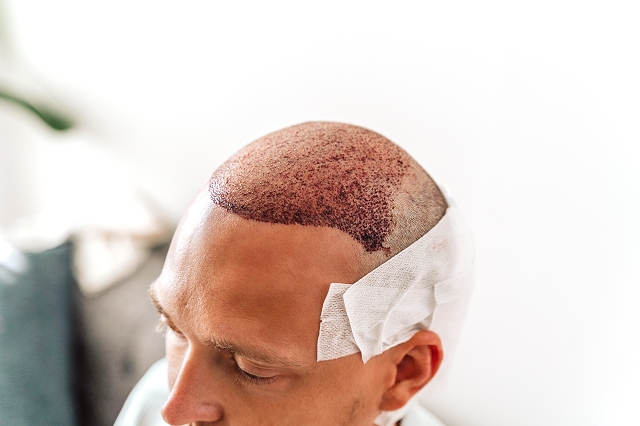
Hair loss isn’t usually directly caused by a lack of vitamins.
However, an excess of certain vitamins, such as vitamin A, can actually trigger hair loss.
Moreover, inadequate levels of iron and protein in your diet can contribute to the thinning of hair.
It’s worth noting that sudden weight loss, which might coincide with insufficient vitamin intake, can also lead to hair loss. As experts in hair health, I’d emphasize that while vitamins are essential for overall health, a balanced diet with sufficient protein and iron is crucial for maintaining healthy hair growth and minimizing the risk of hair loss.

Get your Free Comprehensive eBook about everything you need to know about “Hair Transplantation in Turkey”, “Dental Treatment in Turkey” and “Plastic Surgery in Turkey” in your mother language (in English, German, Arabic, French, Spanish, Italian, Dutch or Portuguese)
A) Vitamins B:
B vitamins, including biotin and folic acid, are essential for various bodily functions, including the growth and maintenance of healthy hair. Biotin, also known as vitamin B7 or H, is particularly noteworthy for its role in converting food into energy, which is vital for the production of keratin, a key protein component of hair. It also aids in cell communication, helping to maintain the health of hair follicles and promote strong, resilient hair strands.
Folic acid, another member of the B vitamin family, is crucial for cell division, including the cells responsible for hair growth. Adequate levels of folic acid support the development of new hair follicles and contribute to the overall health of existing ones.
While deficiencies in these B vitamins are not typically direct causes of hair loss, ensuring sufficient intake through a balanced diet or supplements can help support optimal hair growth and minimize the risk of hair thinning or breakage.

B) Vitamin D:
Vitamin D, commonly recognized for its role in maintaining strong bones, also plays a crucial part in overall health, including hair growth.
While a direct link between vitamin D deficiency and hair loss isn’t always evident, some individuals deficient in this vitamin may experience hair loss, often associated with conditions like rickets.
Moreover, research has revealed a correlation between low levels of vitamin D and autoimmune disorders such as alopecia, which can lead to hair loss.
Supplementing with vitamin D to address deficiencies has shown promise in improving outcomes and treatments for alopecia.
By ensuring adequate levels of vitamin D through supplementation or exposure to sunlight, individuals may support healthy hair growth and potentially mitigate the effects of certain hair loss conditions.
Recognizing hair loss causes with Medtrails
C) Iron:
Iron is essential for maintaining healthy red blood cells, which carry oxygen throughout the body, including the scalp. When iron levels are insufficient, it can lead to anemia, characterized by a low red blood cell count. This lack of oxygen delivery to the scalp can result in weakened hair follicles and contribute to hair loss. Therefore, ensuring adequate iron intake is crucial for promoting healthy hair growth.
D) Vitamin C:
Vitamin C is renowned for its role in supporting the immune system, but it also aids in hair health, particularly concerning iron absorption. Iron deficiency is a common cause of hair loss, and vitamin C enhances the body’s ability to absorb iron from plant-based sources. Incorporating vitamin C-rich foods like citrus fruits, bell peppers, and strawberries into your diet can help optimize iron absorption and support healthy hair growth.
E) Zinc:
Zinc is a trace mineral essential for various bodily functions, including the maintenance of healthy hair follicles. While zinc deficiency is rare, it has been associated with alopecia, a condition characterized by hair loss. However, research on the effectiveness of zinc supplementation in treating alopecia is inconclusive. Nonetheless, ensuring adequate zinc intake through diet or supplements may support overall hair health.

C) Vitamin E:
Vitamin E is an antioxidant that helps protect cells from damage and supports immune function. While its specific role in hair loss is not well-documented, adequate intake of vitamin E is important for overall health, which indirectly impacts hair health. Incorporating vitamin E-rich foods like nuts, seeds, and leafy greens into your diet can help support your immune system and potentially contribute to healthy hair growth.
D) Magnesium:
Magnesium is a mineral involved in numerous biochemical processes in the body, including protein synthesis and nerve function. While magnesium deficiency is not typically associated with hair loss, some studies suggest that supplementation may benefit women with polycystic ovary syndrome (PCOS), a condition associated with hair thinning or loss. However, more research is needed to establish magnesium’s role in addressing hair loss effectively.
Can Too Many Vitamins Cause Hair Loss?
While vitamins are essential for overall health, excessive intake of certain vitamins or minerals can indeed lead to hair loss. For example, consuming too much vitamin A can disrupt normal hair growth cycles and result in hair loss.
Similarly, excessive selenium intake can also cause hair loss. It’s crucial to adhere to recommended daily intake levels and consult with a healthcare provider before starting any new supplementation regimen, especially if experiencing hair loss symptoms.
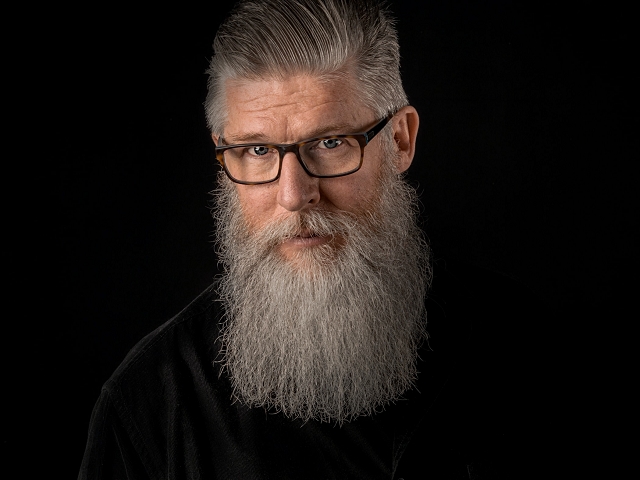
About us : MEDTRAILS is a content provider for Health and a facilitator of Medical Tourism services to Turkey.
Our website www.medtrails.experts
Email: welcome@medtrails.experts
Call or chat; WhatsApp +49 177 204 64 72 in English or German
Book a phone appointment on WhatsApp https://medtrails.expert/book-a-appointment/